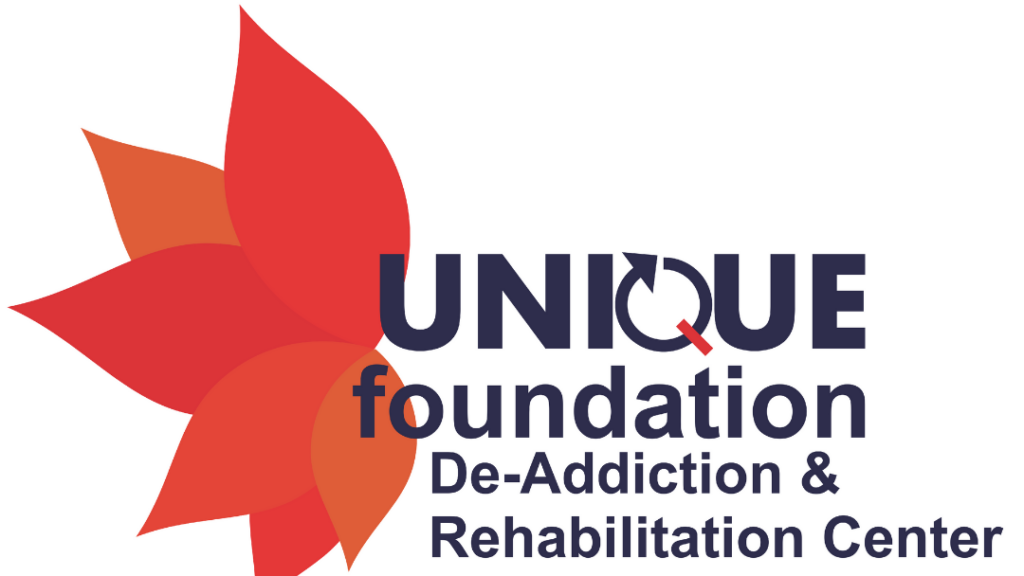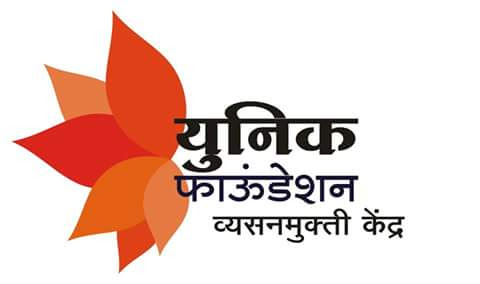Addiction

Addiction is defined as a chronic, relapsing disorder characterized by compulsive drug seeking and use despite adverse consequences.It is considered a brain disorder, because it involves functional changes to brain circuits involved in reward, stress, and self-control. Those changes may last a long time after a person has stopped taking drugs.
Addiction refers to a complex condition where a person engages in a substance or activity despite experiencing harmful consequences. It is characterized by a compulsive engagement with the substance or behavior, leading to a lack of control, craving, and continued use or involvement despite adverse effects on one’s health, relationships, work, or other aspects of life.
Addiction can manifest in various forms, including substance addictions (such as drugs, alcohol, nicotine) or behavioral addictions (such as gambling, gaming, internet, or shopping). The development of addiction involves a combination of genetic, environmental, and psychological factors.
Addiction can manifest in various forms, including substance addictions (such as drugs, alcohol, nicotine) or behavioral addictions (such as gambling, gaming, internet, or shopping). The development of addiction involves a combination of genetic, environmental, and psychological factors.
The key components of addiction include:
- Compulsion: A strong urge or drive to engage in the substance or behavior.
- Loss of control: Difficulty in limiting or stopping the behavior despite attempts to do so.
- Continued use despite consequences: Persisting with the substance or behavior despite negative effects on health, relationships, work, or other areas of life.
- Craving: Intense desires or cravings for the substance or activity.
Addiction is considered a chronic and relapsing condition, meaning that it often requires ongoing management and treatment. Various approaches, including therapy, counseling, support groups, medication, and lifestyle changes, can help individuals manage addiction and work towards recovery

